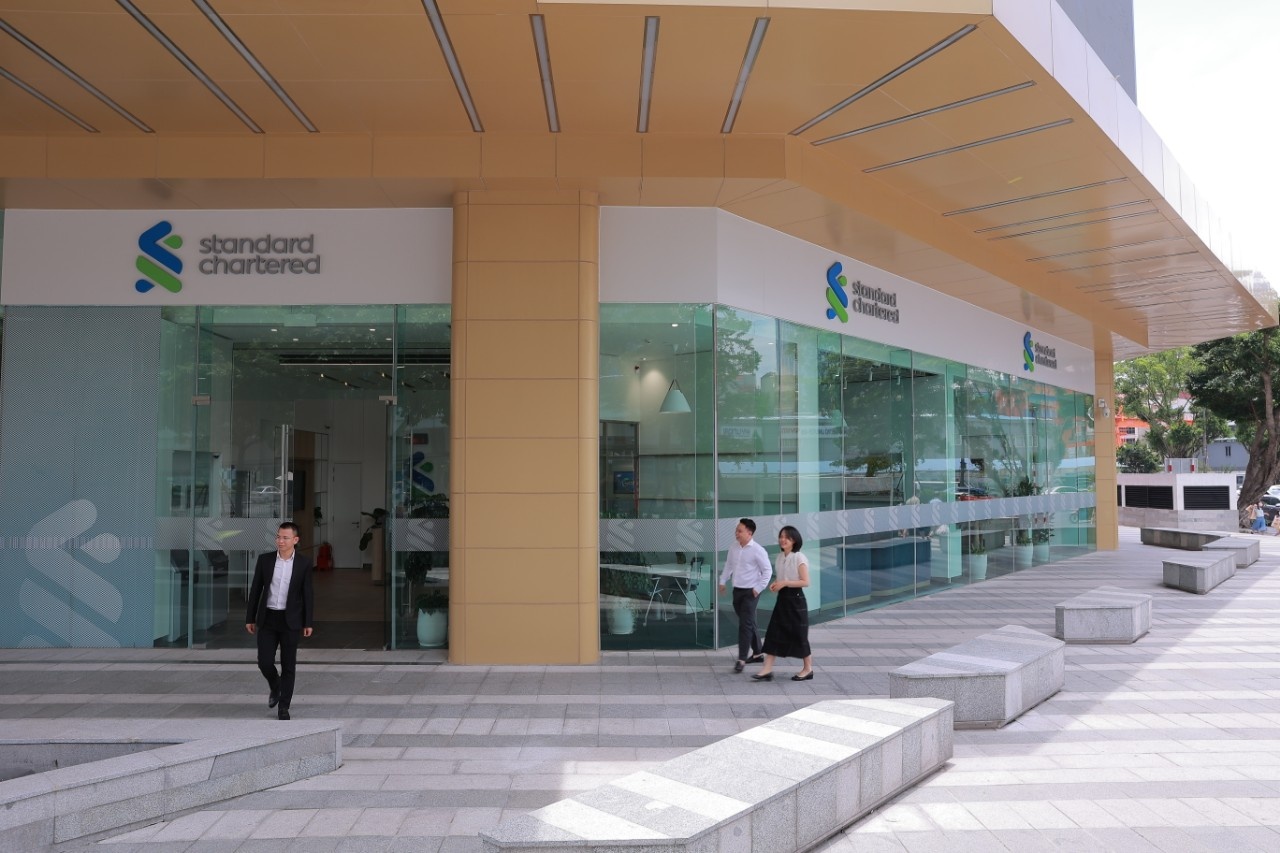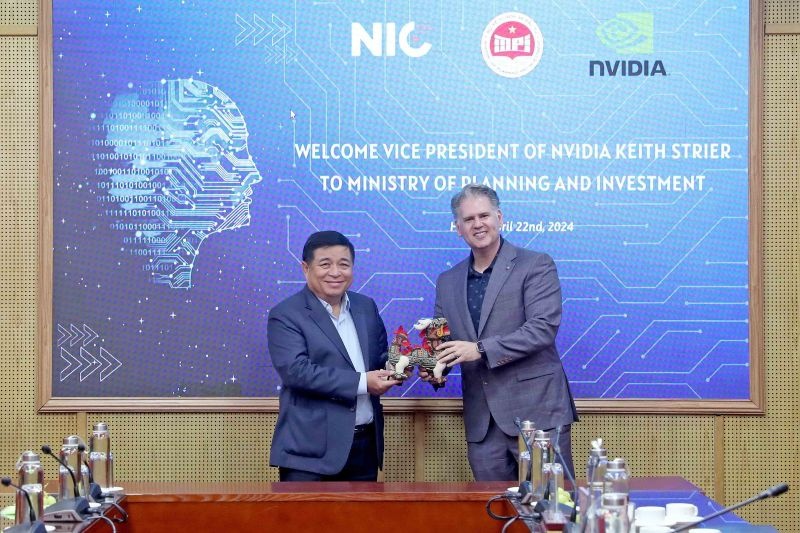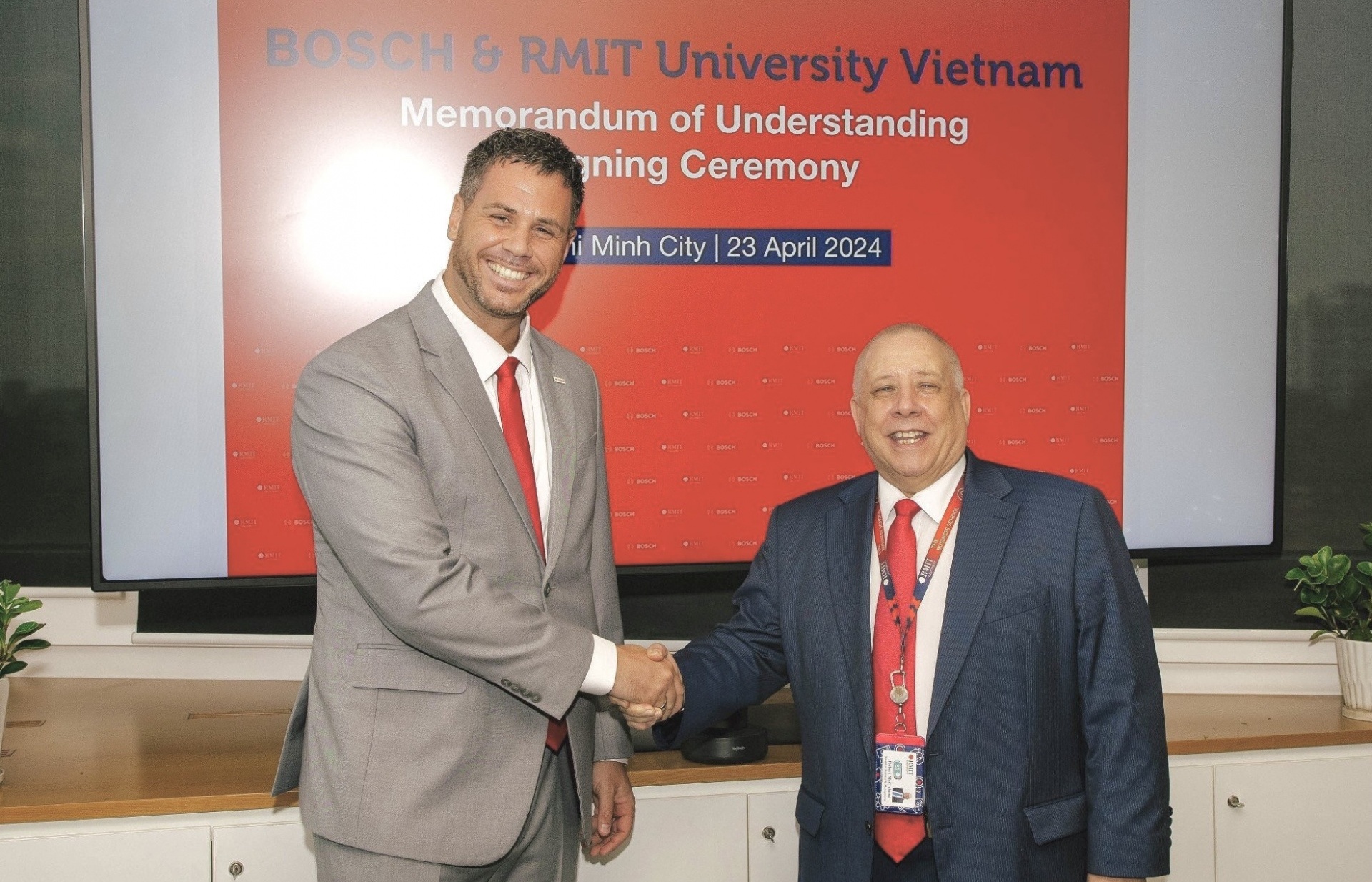US turbulence should steer clear of Vietnam trade
 |
US President Trump has been talking about bringing jobs back to the US. To what extent will this affect US companies’ expansion plans in Vietnam, where a lot of local workers are employed?
While Trans-Pacific Partnership (TPP) related foreign direct investment (FDI) might be negatively impacted by Trump’s actions, I do not believe his pledge to “bring jobs back to the US” will itself lead to investors switching their FDI plans from Vietnam to the US.
Rather, I anticipate that a number of companies will announce that they are considering investments in the US but will be non-committal on the specifics. The aim will be to appease the current administration and to cool tensions in this unpredictable political environment. I would bet many such ‘considered investments’ are never realised and those that are realised are predominantly linked to longer-term plans anyways.
Even if Trump imposes tariffs or other barriers, the long-term trend in the US will remain favourable towards globalisation, assuming the downsides of trade on specific communities are sufficiently addressed. But let’s not forget that Democratic presidential candidates Hillary Clinton and Bernie Sanders also – at least verbally – opposed TPP, so the short-term trend will be less favourable to such agreements.
While withdrawing from TPP was done with the simple stroke of a pen, I do not think Trump will be so quick to start imposing tariffs on US trade partners – though if we were in China or Mexico, I would be more concerned that he would place tariffs or other barriers to trade and investment. Especially on Chinese investment in the US, President Trump has been true to his word across multiple campaign promises and his rhetoric on China and Mexico might well have consequences as he will not want to lose face by appearing to back down to these countries.
But for Vietnam, the tools Trump uses will be milder. Perhaps the use of non-tariff trade barriers will increase. Vietnam is accustomed to such actions – as was the case in the past with the US, considering previous battles over shrimp and catfish. But there are international legal arenas to deal with these issues and the US is not about to withdraw from the World Trade Organization, or so one assumes.
If Trump actively listens to his advisors, Vietnam fortunes might be well-served by both US Secretary of State Tillerson and US Secretary of Commerce Ross, who have each had previous experience driving investments in Vietnam. Their familiarity with the country and direct experience here might well position Vietnam favourably – or at least not unfavourably – in a Trump administration.
Solidiance predicted a strengthening of bilateral ties between the US and Vietnam thanks to the appointments of Tillerson and Ross. During 2017, in which sectors can we expect growth in trade between Vietnam and the US, and in investment from the US into Vietnam?
I would not suggest that Tillerson and Ross will have any industry-specific benefits, though given their past direct involvement in energy and textiles, I suppose those industries could see at least increased attention from US businesses. Rather, the appointment of two Cabinet secretaries with direct Vietnam business experience at least gives Trump a voice from those who have done business here. That’s better than nothing and about as much as one can hope for in such a turbulent US political environment.
Does Trump’s position on China have benefits to Vietnam in terms of FDI?
It remains to be seen how Trump will act on economic and trade issues related to China, but he will not want to be seen backing down from his heated campaign rhetoric, so it would not be a surprise to see some sort of actions taken targeting China. In my discussions with foreign investors, there are already palpable concerns about what a Trump presidency means for their China-based business. And Vietnam is a natural alternative destination for such investors and they are exploring expansion here.
TPP no longer has the involvement of the US. If the remaining members ratify it, how different would the impact on Vietnam be compared to a US-involved version?
Given the size of the US economy, any deal without the US is clearly less impactful – but if Vietnam can get increased access to a market like Japan for its agricultural products, there is a positive impact there, even without US involvement. I am doubtful how seriously countries will pursue TPP without the US. Rather, I see Vietnam turning their attention towards other bilateral and regional trade deals, at least until a change of administration in the US.
| RELATED CONTENTS: | |
| Growth remains without TPP | |
What the stars mean:
★ Poor ★ ★ Promising ★★★ Good ★★★★ Very good ★★★★★ Exceptional
Latest News
More News
- MB aiming for 30 million customers by end of year (April 22, 2024 | 17:43)
- Vietnam central bank postpones gold bar auction (April 22, 2024 | 15:27)
- Freshfields promotes Eric Johnson to international partnership in Hanoi (April 22, 2024 | 08:00)
- Vietnam asks Apple to make it global production base (April 16, 2024 | 16:11)
- Experts give insight into Vietnam's retail sector (April 16, 2024 | 09:00)
- Amendments to gold regulations on agenda (April 12, 2024 | 16:10)
- PV Power secures $300 million loan to fund LNG plants (April 10, 2024 | 17:06)
- Wartsila CEO explores outlook of Vietnam's energy transition (April 10, 2024 | 15:22)
- Driving dual transformation (April 09, 2024 | 17:05)
- Development highlights in Q1 through expert’s lenses (April 08, 2024 | 16:48)


















 Mobile Version
Mobile Version